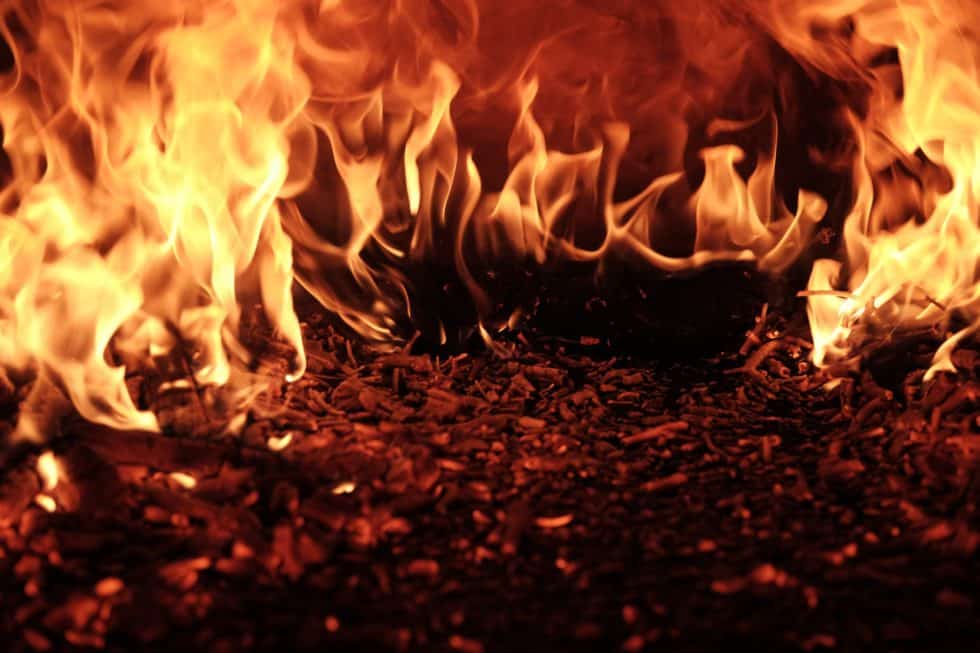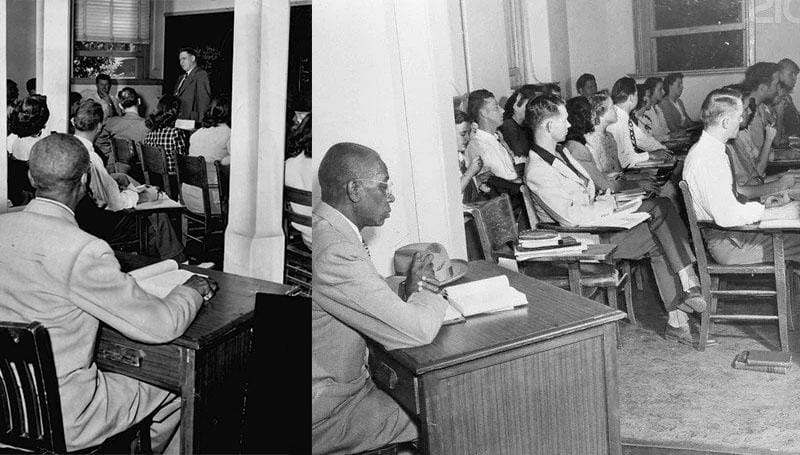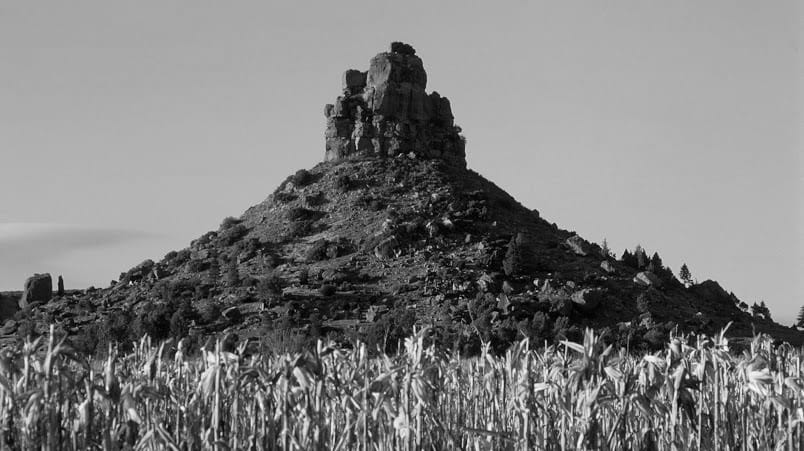A book by Dr. Siphamandla Mathaba, summary by
As the story begins, readers are made aware of a man who has passed away and whose death is central to the plot. The death of Mangena causes divisions in his family. His father, Mnguni, and his mother, MaShezi, find themselves in the middle of a conflict with MaDube, Mangena's wife and hence their daughter-in-law, with regard to the disposal of Mangena's remains. After his marriage to MaDube, Mangena had moved from his rural home of Phathane in the outskirts of Empangeni to live in one of the suburbs in Richards Bay.
In his will Mangena had expressed a desire to be cremated when he died, a wish that causes conflict in his family. His family, who live in the rural areas and who are still steeped in tradition, are of the opinion that the departed should receive a dignified funeral in the rural graveyard reserved for deceased family members; he should be buried alongside their ancestors. On the other hand, his family who lives in the city, detached from the village life and all that it represents, are of the opinion that the will of the late Mangena should supersede anything that any person may wish or say.
As soon as Mangena's wife telephonically informs her father-in-law of her husband's wish to be cremated, Mnguni angrily departs to the city to meet with his son's wife with the ultimate intention to persuade her to change her mind, for cremation, according to Mangena's father, cannot be his son's wish.
Mnguni has never been to his son's home and his journey there is not without incident. A young man who is a bus conductor is very rude to him when he shouts at him for mistakenly heading towards his seat without first paying his bus fare. He is bitten by the dogs when he wrongly identifies a house as his son's home. The maid in the same house behaves uncouthly towards Mnguni after his nasty experience with the dogs when she asks him whether he did not see the words clearly written in all three official languages of the province of KwaZulu-Natal: ‘AKUNGENWA LAPHA, GEEN TOEGANG, ENTER AT YOUR OWN RISK’. Lastly, he is almost knocked down by city boys on bicycles while still recovering from the dog attack. With the help of his grandson whom he meets while still looking for his son's house, he eventually arrives at his destination.
Once there, Mangena's wife does not receive her father-in-law warmly. He makes matters worse by immediately starting to implore his daughter-in-law to go to the village for ukuzila (mourning the death) for her husband while the funeral arrangements are in progress. The tradition of ukuzila is defined as ‘show[ing] respect … by avoidance’ (Ngubane, cited in Magudu 2004). In most African societies, the cultural rites of mourning and cleansing are gendered, discriminatory and life-threatening for women (Daber 2003). Perhaps that is why MaDube tells her father-in-law that she and her husband had discussed the issue of mourning and that he had expressed the desire that his wife should not follow the tradition.
According to this custom the bereaved woman is expected to wear a particular kind of garment and sit at a particular place in the ancestral hut from the time of the news of the loss right up to the day of the burial. During this time, she also has to cover her entire body with a blanket and she is expected to maintain silence and to whisper if she really has to say something. The elders of the family become her spokespersons to those who come to comfort the bereaved family. Even after the funeral she is still expected to continue mourning for the period dictated by her family. To make this going against the tradition even worse Mangena's wife insists on cremation according to the will of the deceased.
Noma akuhlela konke uMangena, kepha lokhu kokulothiswa kwesidumbu sakhe angihambisani nhlobo nakho. Wena makoti uzokwenza intando yami nentando yomndeni wakithi kwaMnguni. Wena nyuka kusasa uyohlala emakhandleleni. Akukho makhandlela azolayithwa lapha ejalidini. Akukho dlozi lahlala lapha. Kusehlane lapha. Akumuzi lona. Angifuni ngithi ngimdala ngibuye ngenze okuphambene (ikhasi, 20,21).
Even Mangena has set all, I strongly disagree with the notion of cremating his body. You, MaDube must comply and do whatever I command you to do as a family head. You must go home tomorrow and sit next to the candles. No candles should be lightened in this suburb. There are no ancestors here. This is not a home, it is a wildness (page, 20, 21).
Mina njengonkosikazi kaMangena ngimile angiguquki kwengikushoyo, sakugcina kubammeli. UMangena wazisholo yena esaphila wathi ufuna ukulothiswa uma eseshonile. Angeke mina MaDube ngigudluke entandweni yomyeni wami esayisayina. Ukuthi uMangena uzalwa nguMnguni, akusho ukuthi sekumele uMnguni agwamande amandla ami, aguqule intando yethu ngoba nakhu umyeni wami engasekho (ikhasi,1).
I, as Mangena’s wife, I’m firm on what I say, I won’t change what we kept to the lawyers. Mangena said with his own mouth while he was still alive that he wants to be cremated after death. I won’t change the decision he signed. The fact that Mnguni is Mangena’s father does not allow Mnguni to take over my powers and change our family resolution as my husband departed (page, 1).
Mnguni said;
Uzalwa yimi uMangena, isidumbu sakhe ngeke silothiswe. Kwawena ngizokuvalela ejele uma uzovumela isidumbu sengane yami silothiswe ngaphandle kwemvume yami. Mina njengoyise kaMangena ngithi ngeke alothiswe uma uzophikisana nalokhu engikushoyo uzozibona ukuthi ufana nobani.
I am Mangena’s father, his body will not be cremated. I will arrest you if you allow his body to be cremated without my authority. I, as his father, I am again saying that his body won’t be cremated if you disagree with what I said you will regret.
There is a common belief in many African cultures that when people die, they go to meet with their ancestors, and that the body of the deceased should be respected so that they arrive whole.
Land issue, cremation is unAfrican




